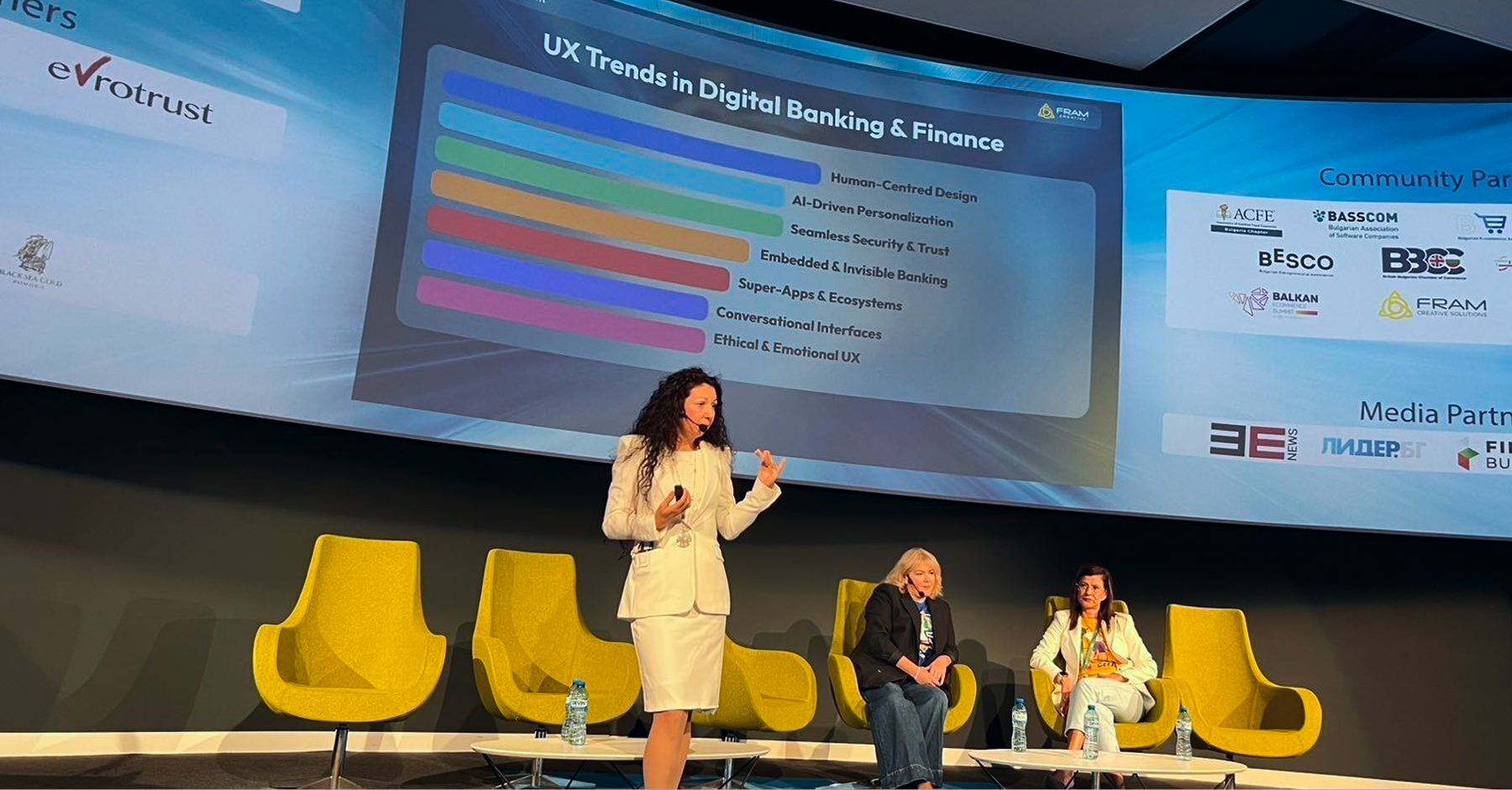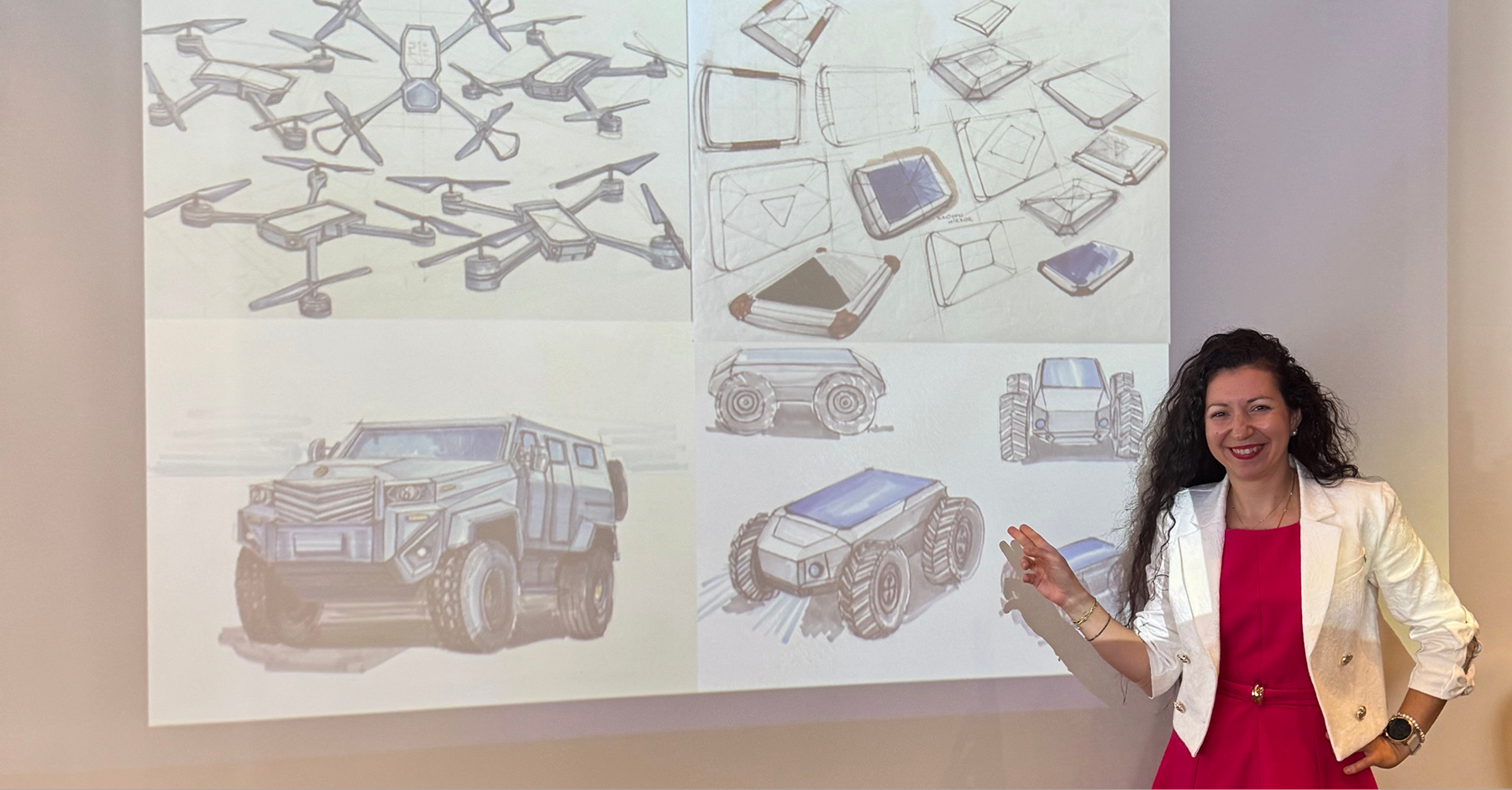Futuretech
Real Estate
MedTech
Security & Insurance
The Playbook of Accessible Design for Business Owners


As artificial intelligence continues to shape our world, one question remains uncomfortably unresolved: Can humanity and technology truly coexist in ethical harmony?
In recent months, my dialogues with ChatGPT — one of today’s most emblematic AIs — have revealed not just the power of machine learning, but the pressing need for ethical introspection. These conversations, equal parts fascinating and disquieting, have led me to explore the deeper implications of progress: not just what we’re building, but what it’s doing to us.
In history, we often look to the Luddites as an outdated cautionary tale — those who resisted industrialization by destroying machines. But today’s struggle is not against the machines themselves. It’s against our inability to ethically frame the innovation we create.
Every step forward in technology now brings a double-edged outcome:
We’re not asking enough: What kind of future are we designing — and for whom?
We often celebrate innovation without pausing to examine how it reshapes our values, our relationships, and our understanding of the world. In an age of relentless technological change, we risk becoming morally untethered — optimizing for efficiency, yet forgetting empathy.
We see this in:
Without intentional ethics, the human element is sidelined.
In my exploration, I’ve also turned to spiritual leaders and moral thinkers — not to resist innovation, but to anchor it. Their message is simple, and timely: Soulfulness matters. Morality is not a bug in the system — it’s the operating principle of a just society.
As many in the AI ethics community have warned:
“One bad algorithm can affect millions. One ethical blind spot can ripple globally.”
This is the challenge of our generation: to scale wisdom as fast as we scale code.
We don’t just need regulation. We need ethical leadership.
We need product teams that ask not only “Can we build this?” but “Should we?” We need technologists who recognize that real progress isn't just faster or smarter — it’s more humane.
If these questions resonate with you, I invite you to join the dialogue.
Let’s explore how we can build a future where technology enhances — not erodes — our shared humanity.
How are you approaching ethics in your work with technology?
You can read the whole article, auto-translated, here, and here – the original text in Bulgarian.

About the author – I published my first “newspaper” at six years old and have been telling stories ever since. After studying Journalism at Sofia University, I spent over a decade writing for 24 Chasa and Sписание 8, where I later became Deputy Editor-in-Chief. In 2016, I published my debut novel, And While the Rays Are Born, and have since continued exploring the ways technology shapes our lives — both as a journalist and as a JavaScript developer.
Over the years, my work has earned multiple Web Report Awards for tech journalism and recognition from the Bulgarian Association of Information Technologies. In 2023, I published my second book, 32 Digital Stories. When I’m not writing or coding, you’ll likely find me winning quizzes, editing books, or laughing with my two sons.




Our friendly team would love to hear from you.
By submitting this form you agree with our Privacy Policy



